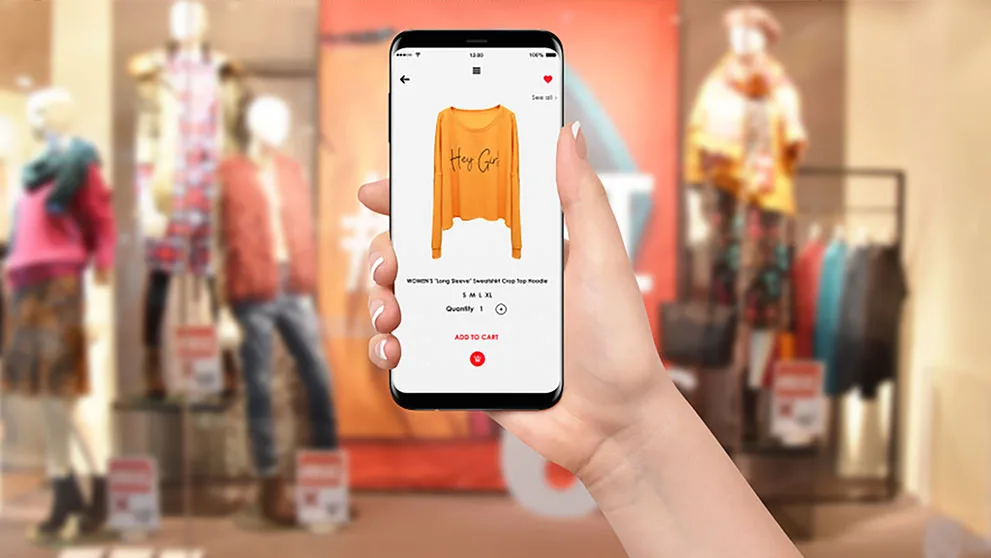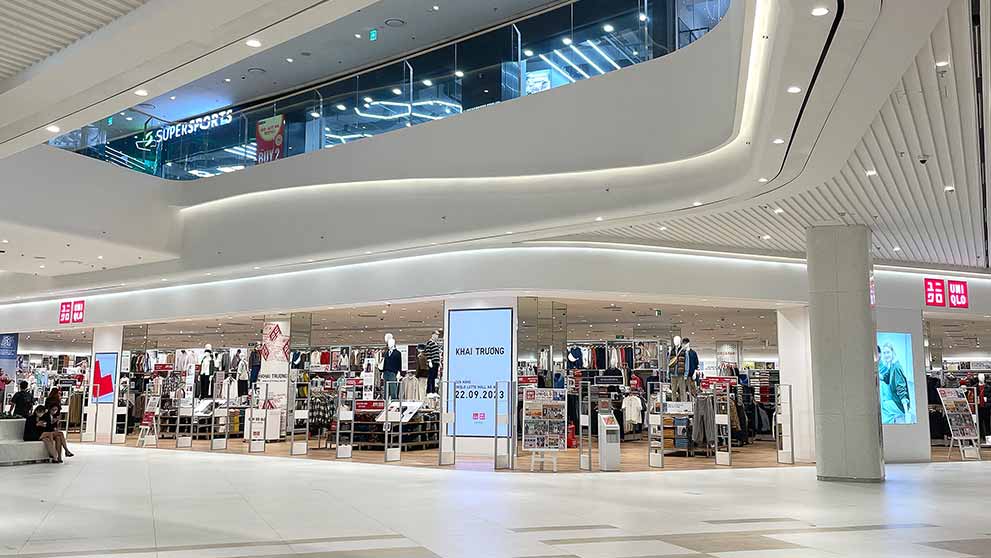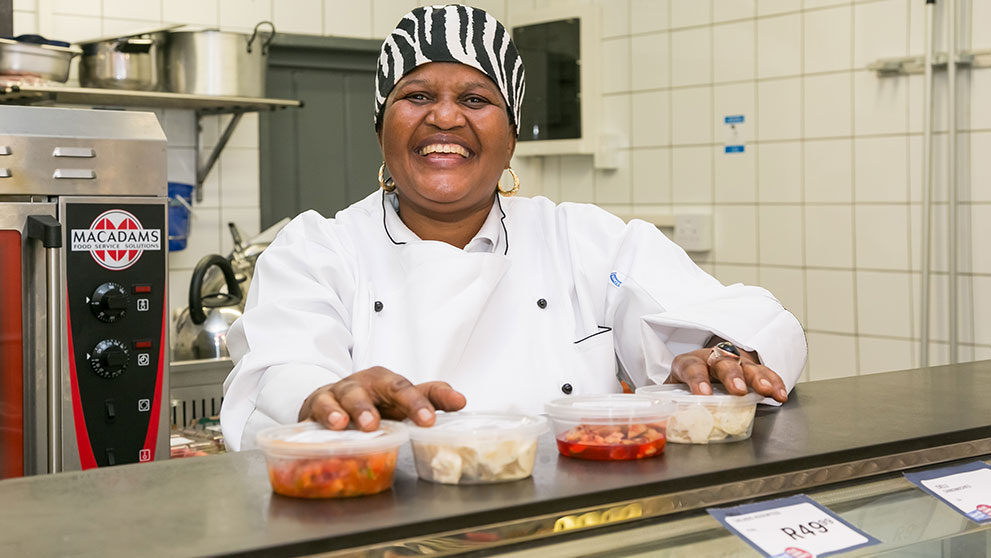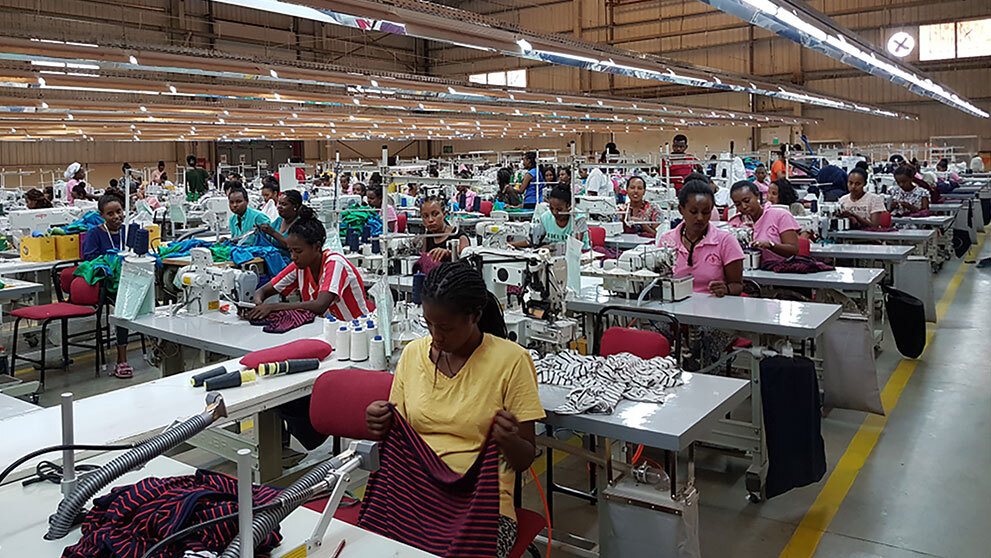Imagine walking into a bustling Johannesburg shopping mall, bypassing the cashier with your cart full of groceries, and simply walking out, your account automatically charged thanks to advanced AI and sensor technology. This seamless experience epitomizes the future of shopping that South Africans eagerly anticipate.
Retail Sector Dynamics
The first quarter of 2024 presented a mixed bag for the retail sector, with both contraction and growth. Notably, South Africa’s retail trade surged by 2.3% in March 2024, reversing a two-month decline. General dealers, furniture, and food sectors saw the most significant gains, following a robust 2.7% increase in December 2023. However, future growth remains uncertain due to economic and global challenges.
In this evolving landscape, retailers must innovate and adapt to emerging trends that are reshaping the industry, transforming shopper behaviors, and compelling businesses to stay competitive or risk obsolescence.
Key Trends Shaping the Industry
Digital Transformation and E-commerce Growth: The pandemic has accelerated the shift towards digital platforms, making e-commerce a primary channel rather than a supplementary one. Major players like Takealot and Makro are expanding their digital footprints, while smaller retailers leverage social media and online marketplaces to reach broader audiences. This digital shift necessitates robust cybersecurity measures and efficient logistics to ensure a seamless customer experience.
Omnichannel Retailing: Today's consumers demand a unified shopping experience across multiple channels—online, in-store, and mobile. Retailers are investing in technologies that integrate these channels, allowing customers to start their shopping journey on one platform and complete it on another. This seamless integration enhances convenience and drives customer loyalty.
Sustainability and Ethical Shopping: South African consumers are increasingly environmentally conscious, influencing their shopping habits. There is a growing demand for sustainable products and ethical business practices. Retailers are responding by adopting eco-friendly practices, such as reducing plastic use, sourcing sustainable products, and supporting local suppliers. This trend not only appeals to environmentally conscious shoppers but also differentiates businesses in a competitive market.
Advanced Payment Solutions: The adoption of advanced payment solutions like mobile wallets, contactless payments, and Buy Now, Pay Later (BNPL) options is transforming the shopping experience. Companies like Ozow are leading the way in providing innovative payment solutions that enhance convenience and security for shoppers. These technologies cater to a tech-savvy population, making transactions quicker and more efficient, which is crucial for both online and offline retail.
Personalized Shopping Experiences: Leveraging big data and AI, retailers can now offer highly personalized shopping experiences. By analyzing customer data, businesses can tailor their marketing strategies, product recommendations, and promotions to individual preferences. This personalization increases customer satisfaction and drives repeat purchases. Retailers are using data analytics to predict trends and manage inventory more effectively, ensuring that popular products are always in stock.

Impact on SMEs
As South African shoppers embrace the convenience of online shopping and secure payments, new demographics, even those previously hesitant, are being attracted. Empowered shoppers demand transparency and excellent service due to easy access to reviews and comparisons.
This shift presents a challenge for SMEs. The financial burden of digital transformation and sustainable practices can be significant. However, solutions exist. Partnering with technology providers and leveraging government incentives can help SMEs navigate these challenges and thrive in the dynamic retail ecosystem.
Partnering with DHL for Enhanced Reach
For businesses looking to expand their reach both within and outside South Africa, partnering with a reliable logistics provider like DHL can be a game-changer. DHL offers tailored solutions to meet the specific needs of retail businesses, ensuring timely and secure delivery of products. By opening a business account with DHL, retailers can access a range of services designed to optimize supply chain management, from express shipping to comprehensive tracking solutions, helping them meet the growing demands of their customers effectively.
Conclusion
The future of retail in South Africa is dynamic and brimming with opportunities. By staying ahead of trends and adapting to changing consumer behaviors, retailers can thrive in this evolving landscape. The key lies in embracing digital transformation, prioritizing sustainability, and delivering personalized, seamless shopping experiences.
- Trends Driving C4
- Trends Driving Change in South Africa's Rhange in South Africa's Retail Industry
- BDO - What Will Impact Shoppers and Retailers as 2024 Unfolds?
- Shopping Trends 202etail Industry
- Adapting to New Retail Realities in South Africa
- Four Trends Shaping Shopping in 2024







































